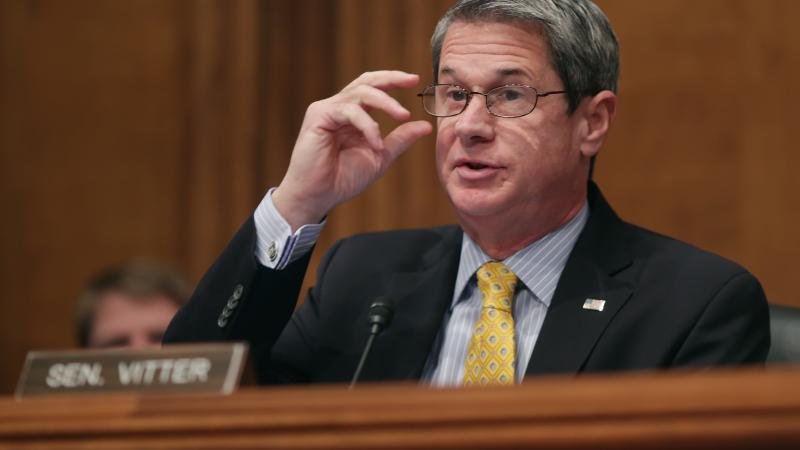Lincoln Project's millions of dollars of internal contracts highlight D.C. habit of self-dealing
Anti-Trump group gave tens of millions to firms run by group insiders.
Just over $20,800,000.
That's how much the anti-Trump Lincoln Project, lately embroiled in a series of highly public scandals, sent to a communications firm owned by the treasurer of the Lincoln Project itself, according to federal election expenditure records.
That sum represents just shy of 25% of the entirety of the super PAC's receipts, which have totaled around $90 million since its inception in late 2019. The group, formed by veteran Republican operatives in a bid to prevent the reelection of President Donald Trump, sought to leverage its funds to run anti-Trump attack ads and sway enough voters to hand the election to Joe Biden.
The group's financial arrangements have been a matter of public record since last year, though they have received widespread media attention only in the last several weeks, since shortly after Biden's inauguration, when reporters began digging into sexually inappropriate messages one of the group's co-founders, John Weaver, had been sending young, male political job hopefuls.
That scandal — including questions regarding how much the group's leaders knew of Weaver's behavior — has largely overshadowed the Lincoln Project's financial arrangements. That may be changing now, as federal records indicate that the major part of the group's whopping fundraising proceeds have been funneled to consulting firms controlled by the PAC's own founders.
In addition to the $20,800,000 that went to treasurer Reed Galen's firm Summit Strategic Communications, over $18,750,000 has gone to the firm Tusk Digital, run by group co-founder Ron Steslow, according to Federal Election Commision records.
Washington self-dealing a bipartisan affair
Though the Lincoln Project was dealing in notably large sums of money, the appearance of self-dealing and backdoor financial arrangements in Washington politics is relatively common.
In December 2019, for example, California GOP Rep. Duncan Hunter plead guilty to misusing campaign funds to pay for personal expenses. Hunter and his family reportedly spent over $200,000 on vacations, expensive meals, home necessities and other outlays. FEC rules forbid candidates and politicians from using campaign funds for personal expenditures.
Across the aisle, Democratic Minnesota Rep. Ilhan Omar has drawn criticism for directing nearly a million dollars in campaign spending to a consulting firm owned by her husband.
That same firm has also received hundreds of thousands of dollars in COVID-19 relief loans.
Omar's arrangement appears to have resulted in at least one federal legislative response to it: the Oversight for Members And Relatives Act, or "OMAR," Act. That law, proposed by GOP Reps. Mike Gallagher and Tom Tiffany, would "put an end to the practice of candidates for office tapping their campaign accounts to enrich their spouses," Tiffany said in a press release announcing the bill.
"Loopholes that allow members of Congress to funnel campaign funds to their spouses are despicable and erode trust in our government," Gallagher said in that announcement. "There's simply no logical reason for allowing this practice to continue."
















